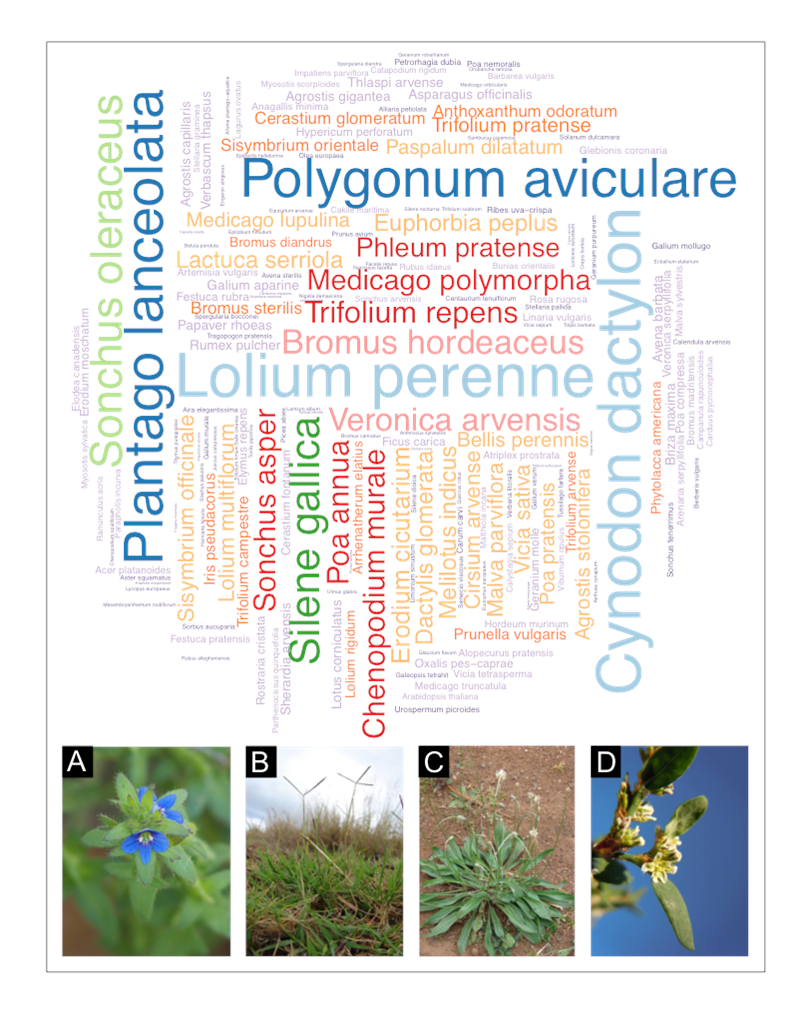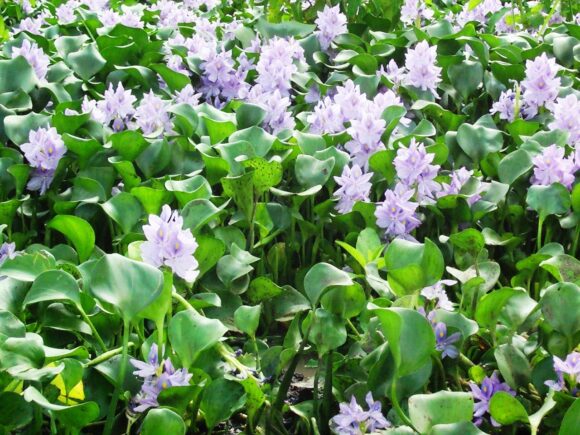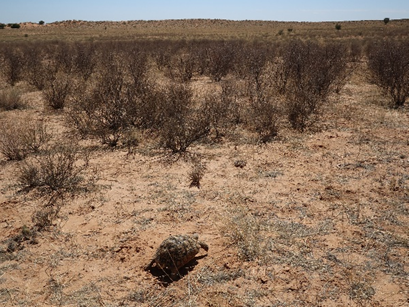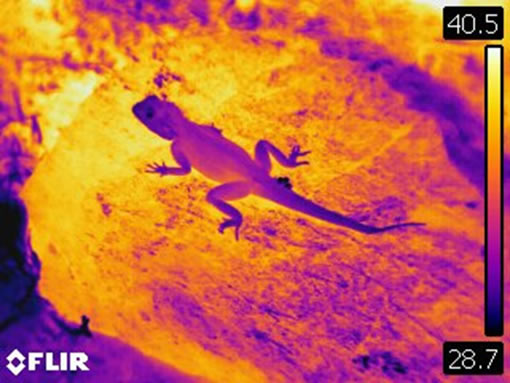18 May 2020 | By Heidi Hirsch and Jaco Le Roux
In an article recently published in Current Biology, an international team led by C·I·B Research Associate Jaco Le Roux suggest that care should be taken when conveying scientific data related to biodiversity impacts caused by climate change, as policy makers often make decisions based on scientific evidence. The article was co-authored by C·I·B postdoctoral fellows Heidi Hirsch and Jan-Hendrik Keet, C·I·B MSc student Staci Warrington, as well as researchers affiliated with four other institutions.
Anthropogenic actions have had severe consequences for life on earth, including plant biodiversity. Although rates of losing plant species are lower compared to other taxonomic groups, the combination of continuing climate change and other human-caused impacts like habitat disturbance and destruction will, without doubt, exacerbate further losses of plant species. However, a recent study by Suggitt and colleagues (2019) concluded that climate change may actually increase the local plant diversity across the globe. This study was based on the comprehensive ‘Vellend dataset’ that documented data on plant diversity changes from nearly 150 studies that re-surveyed vegetation in several thousand plots globally (Vellend et al. 2013).
Le Roux and his team raised concerns about the conclusions reached by Suggitt et al. (2019) and suggested that increased plant diversity in the face of climate change is likely driven by cosmopolitan invasive species, which is not desirable from a biodiversity conservation viewpoint. Le Roux and his team revisited the ‘Vellend dataset’ and compiled data for survey plots for which plant richness increased over time and for which taxonomic information was available. By doing this, they aimed to identify the role that invasive and/or weedy species played in the documented increases of plant richness.
Although Le Roux’s team found only a very small fraction (9%) of the ‘Vellend dataset’ to fulfil both criteria (i.e. increased richness and taxonomic data available), they were able to identify over 500 plant species that contributed to increased richness in resurveyed plots. Interestingly, 26% of these species are recognized as ‘alien’ (but not naturalized) and 57% as naturalized somewhere else in the world. This indicates that the increases of plant richness documented by Suggitt et al. (2019) was often driven by invasive/weedy species.
“Our work highlights that the impacts of climate change on biodiversity is never positive even when some may increase (invasive) species richness as such,” explains Le Roux. He adds “Our criticism of Suggitt et al.’s paper further emphasizes the duty of scientists have to provide objective information to policy makers which leave no room for misinterpretations and hasty generalizations.”

Read the article:
Le Roux, J.J., Leishman, M.R., Cinantya, A.P., Gufu, G.D., Hirsch, H., Keet, J.-H., Manea, A., Saul, W.-C., Tabassum, S., Warrington, S., Yannelli, F.A., Ossola, A. (2020) Plant biodiversity in the face of global change. Current Biology 30, R390-R391. https://doi.org/10.1016/j.cub.2020.02.066
Other references:
Suggitt, A.J., Lister, D.G., Thomas, C.D. (2019) Widespread effects of climate change on local plant diversity. Current Biology 29, 2905– 2911. https://doi.org/10.1016/j.cub.2019.06.079
Vellend, M., Baeten, L., Myers-Smith, I.H., Elmendorf, S.C., Beausejour, R., Brown, C.D., De Frenne, P., Verheyen, K., Wipf, S. (2013) Global meta-analysis reveals no net change in local-scale plant biodiversity over time. Proceedings of the National Academy of Sciences of the United States of America 110, 19456–19459. https://doi.org/10.1073/pnas.1312779110
For further information: Please contact Jaco Le Roux at jaco.leroux@mq.edu.au



